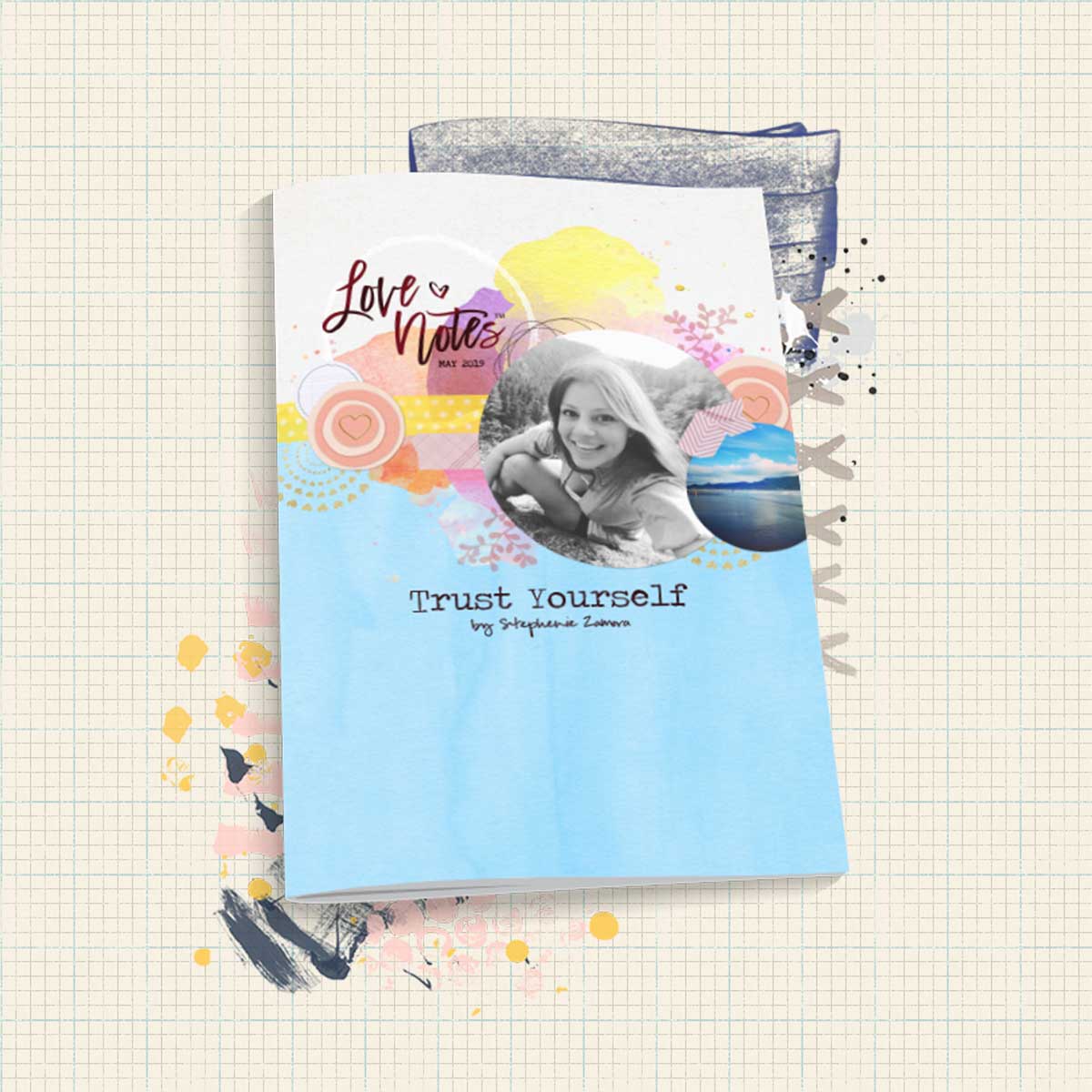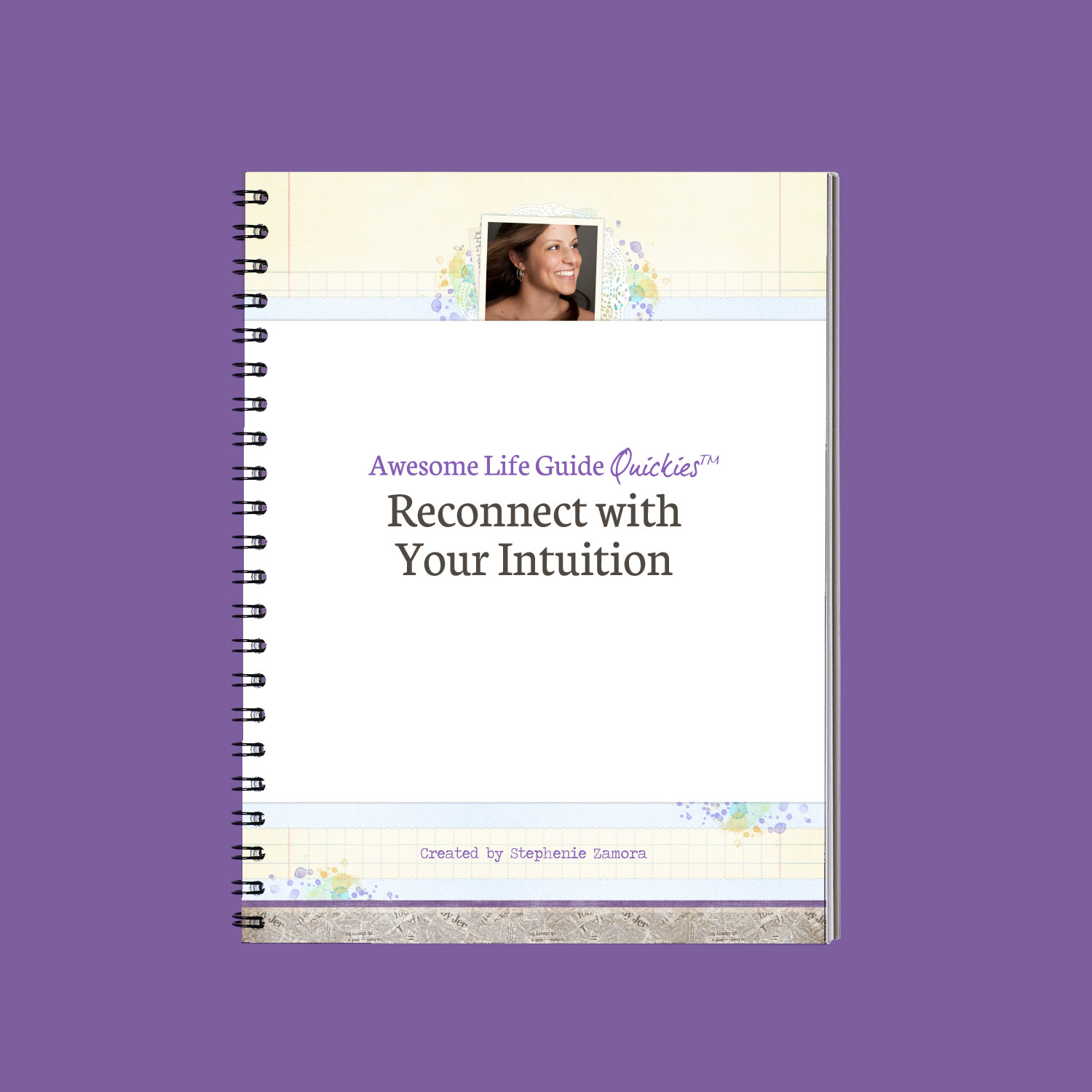Don’t Let Them Take Your Voice
Don’t let them take your voice.
Don’t let their beliefs fill you with doubt or limit your life.
Don’t let someone else’s fears, perspectives, or desires shape your own unless it feels right and aligned. Unless it awakens a truth within you and you find resonance in their words. Don’t let them tell you what’s real and true when you know in your bones it’s not (at least, not for you). Don’t let people explain away your experience with all their knowledge and expertise. Unless you find a fragment of insight that gives you pause and opens your mind to entirely new ways of being.
“Look for the truth in it,” a dear friend said to me after I’d begun to doubt myself and my experience. “If there was truth in what was said, what would that be? What could you work on from there? And, if not, don’t take it on. Don’t doubt yourself.”
I don’t know about you, but…
It’s easy for me to doubt myself.
It’s easy for me to get lost in other people’s certainty.
It’s easy for me to question my reality because I spent years of my life being gaslit, manipulated, and bullied into submission. I grew up with far too many people (inside all kinds of relationship containers), making my experience wrong. No curiosity. No trying to understand. Just dismissing and overriding and even berating me for being so stupid as to think the things I felt and knew were right.
It’s easy for me to question my reality because some of the most knowledgeable, intelligent, and experienced people I knew convinced me I was wrong about very serious things when I wasn’t. Because people that I’ve loved and trusted have used my past against me to undermine what I’m feeling.
It’s taken a lot of work for me to trust myself and my experiences in the face of other people disagreeing or telling me that I’m wrong.
Truthfully, it’s an ongoing process.
Work I’ll continue to do for a good, long while.
But I’ve learned a lot about staying anchored in my truth.
Here are four steps you can take when someone else causes you to doubt yourself:
1. Look for the truth.
Sometimes it’s hard for us to hear what’s true because it stings, or we’re just not ready to see things for what they are. Sometimes it’s hard to have how we’re showing up (or not) reflected to us. It’s uncomfortable to realize we’re not aligned with our highly held self-image. Especially when our ways of being are similar to people with behaviors we rejected or found challenging to experience.
And still, always look for the truth.
Always seek out what’s being reflected from other people because there’s usually something there. Sometimes it’s big and jarring and requires a tremendous amount of healing, growth, or repair. Sometimes it’s small and subtle and only slightly within the realm of (or adjacent to) what the other person is saying. There’s often something we’re not seeing, but not always. And it’s not always that we’re wrong for how we’re behaving; sometimes, it just means we’re bumping up against someone else’s stuff with our own, and we’ve been unaware of that impact.
2. Discard the rest.
This doesn’t mean we don’t care how other people feel (though sometimes that’s exactly what we need to decide to do, depending on who it is). It just means we don’t take on someone else’s beliefs about what’s right and true when it’s not aligned for us. This takes an incredible amount of self-trust and awareness, as well as honesty with ourselves. Are you discarding it because you don’t like how it feels to hear what’s true about yourself? Or have you really sat with it and looked for what might be true, only to find that it doesn’t resonate at all?
Only you can know for sure.
I don’t care how knowledgeable, experienced, and wise the other person is; they can still get it wrong. They can still get caught up in their stuff, projecting all over you for various reasons. Only you can check-in and know what’s true. You just have to make sure you’re doing it honestly and not avoiding discomfort. If nothing is true, it’s a powerful opportunity to deepen your sense of self and self-trust, refusing to waver or wobble because someone else thinks you should.
3. Take action on what’s true.
If you did find a truth in what someone else believes, act on it. Relationships are powerful containers for growth and transformation when we’re not giving away our power, doubting ourselves, and losing our sense of self. If something is true and not what you want, do something about it. That doesn’t mean you’ll magically shift overnight (though sometimes that’s entirely possible). It simply means you put a plan in place to shift who you’re being so that you’re no longer showing up in a way that doesn’t feel good, aligned, or like who you want to be.
4. Keep building trust in yourself.
It’s far too easy to let others take our voice and distort our truth.
Don’t let that happen to you.
Keep doing the work to build trust in yourself.
Cultivate more confidence in yourself and your choices.
Build a strong connection to your intuition, and trust it when it speaks.
Do the work to know yourself fully.
Click the links below to grab some materials to support you in each, or book a free consultation today to see if working together one-on-one is a good fit.





